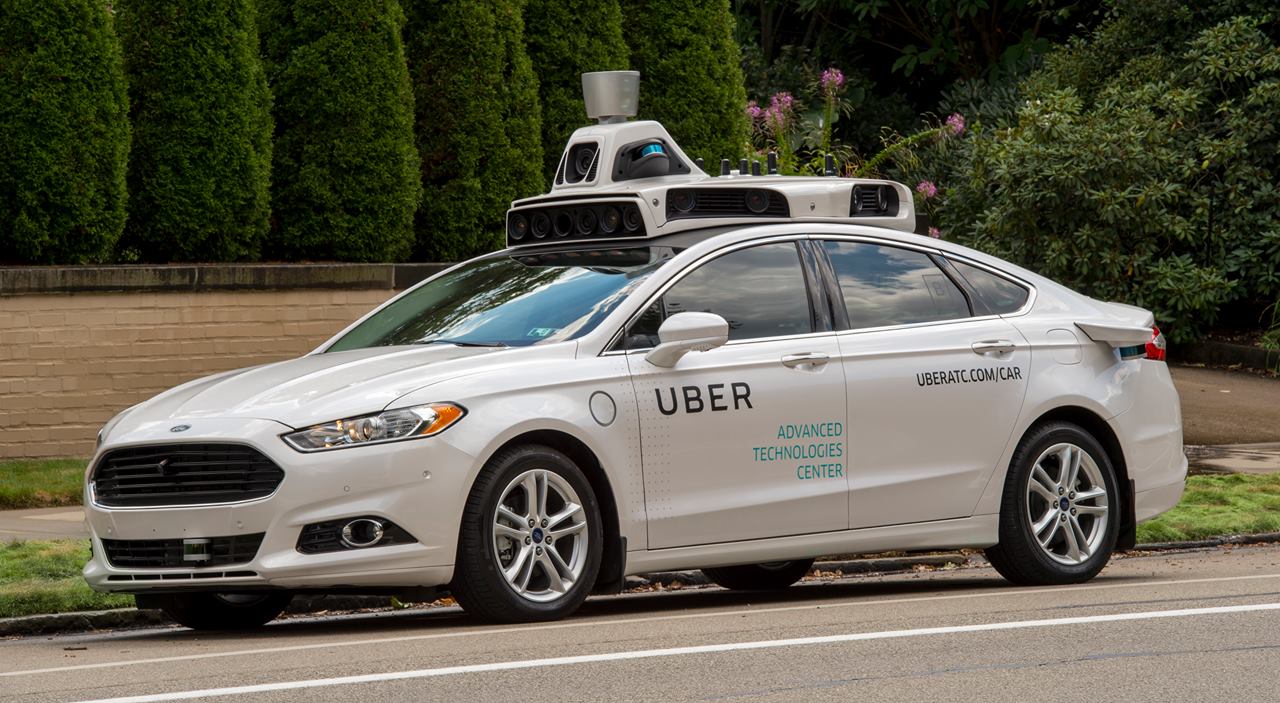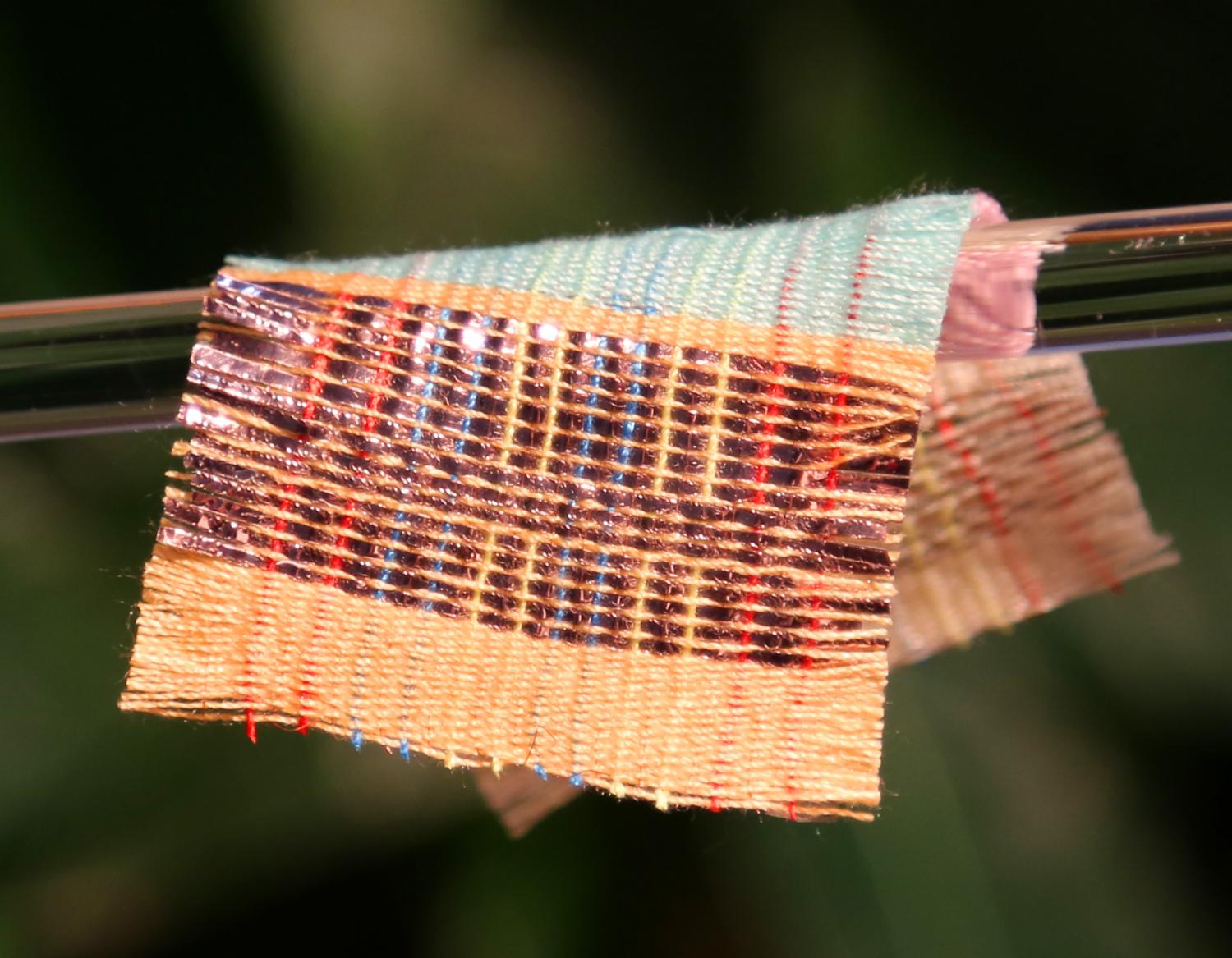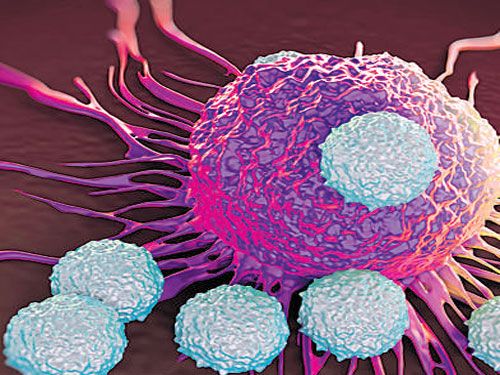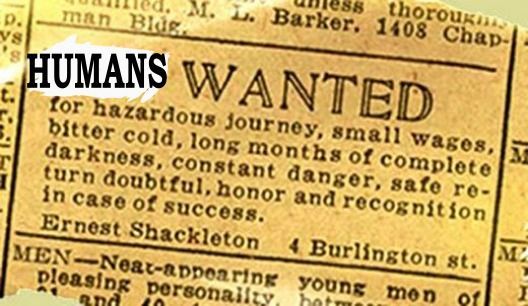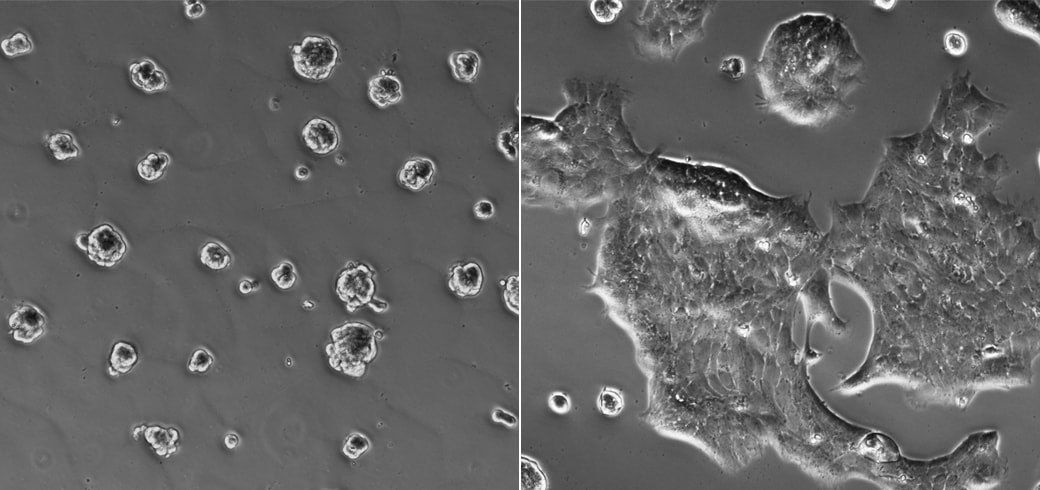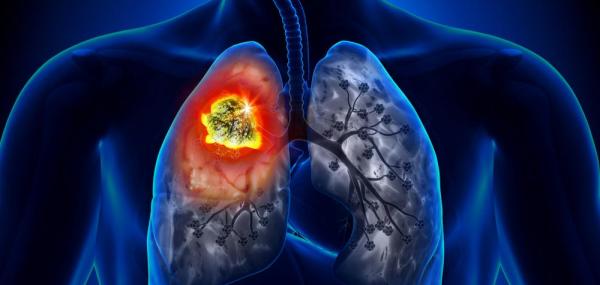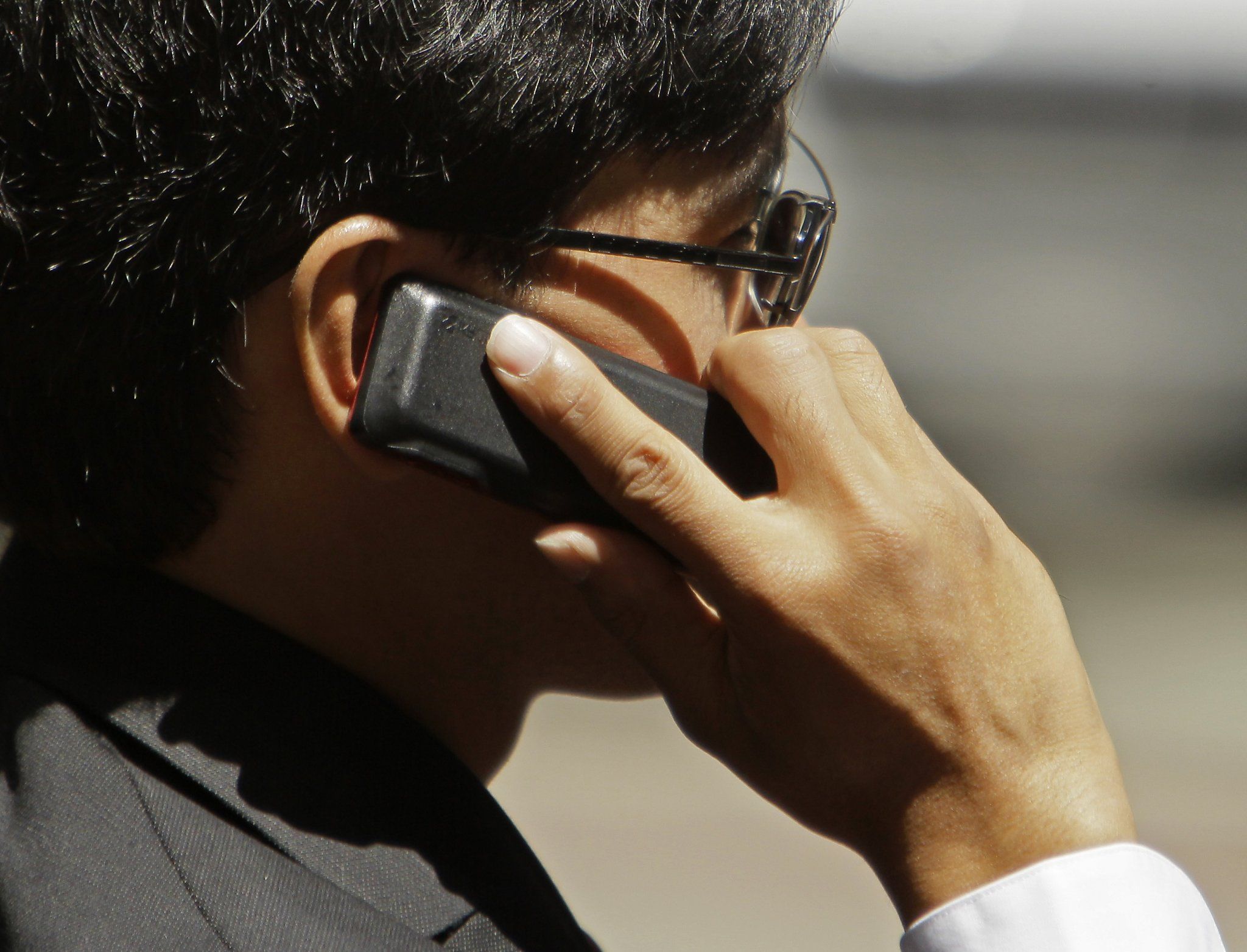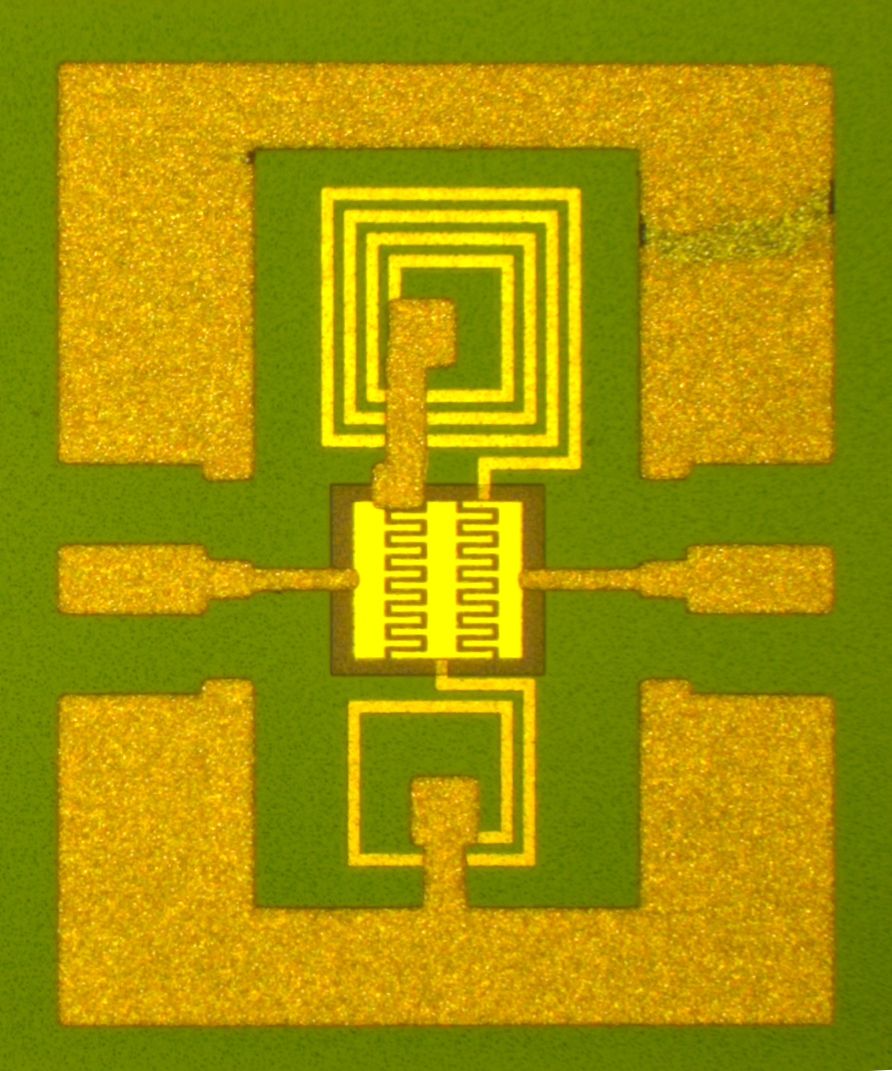Page 10933
Sep 14, 2016
New fabric uses sun and wind to power devices
Posted by Bruno Henrique de Souza in category: futurism
Novo tecido utiliza do sol e vento para gerar energia.
Tecidos que podem gerar eletricidade a partir do movimento físico têm sido nas obras por alguns anos. Agora, pesquisadores da Georgia Institute of Technology ter tomado o próximo passo, o desenvolvimento de um tecido que pode colher simultaneamente energia de ambas sol e movimento.
A combinação de dois tipos de geração de energia elétrica em uma matéria têxtil abre o caminho para o desenvolvimento de peças de vestuário que poderiam fornecer a sua própria fonte de energia para alimentar dispositivos como smartphonr ou sistemas de posicionamento global.
Sep 14, 2016
The World First Hybrid Bio 3D Printer to be revealed at Digical Show
Posted by Klaus Baldauf in categories: 3D printing, bioprinting, biotech/medical, engineering
South Korean-based company Rokit is a 3D printing manufacturer we’ve talked about on several occasions before. In February this year, they released Edison Invivo, a tissue engineering and bio-medical research 3D printer that uses a bio ink to produce cell structures in the form of organic tissue.
Now, as a constant innovator, Rokit is back with their latest and also the world first Multi-Use Hybrid Bio 3D printer — Rokit Invivo. What’s exciting is that this awesome bioprinter will be revealed very soon on 30th, September in the Digical Show held by London-based iMakr.
Sep 13, 2016
More cancers are tied to obesity
Posted by Karen Hurst in categories: biotech/medical, genetics, health
Interesting article overall; however, I have noticed many Gastric Bypass patients from my area who drastically loss weight quickly within a year had stomach, throat, and esophageal cancer. As with obesity being a trigger, I believe drastically changes with the body such as massive weight loss quickly could also trigger a cancer gene mutation. I would love to connect with others working of this type of research.
A review of more than a thousand studies has found solid evidence that being overweight or obese increases the risk for at least 13 types of cancer. The study was conducted by a working group of the International Agency for Research on Cancer, part of the World Health Organisation.
Are you an avid supporter of aging research and a keen longevity activist?
The Biogerontology Research Foundation is offering select summer internships for talented individuals. You’d join a passionate and supportive team in researching diagnostic, prognostic, and therapeutic strategies; advising a panel of investors in developing a roadmap to promote longevity science and related technologies across the globe.
The advertised positions are 3 month internships, with the possibility of continuing afterwards. Free accommodation will be provided for in London, alongside a negotiable salary.
The Biogerontology Research Foundation is a UK based think tank dedicated to aging research and accelerating its application worldwide.
Sep 13, 2016
Stiff and Oxygen-Deprived Tumors Promote Spread of Cancer
Posted by Karen Hurst in category: biotech/medical
Interesting read.
When Hippocrates first described cancer around 400 B.C., he referred to the disease’s telltale tumors as “karkinos” — the Greek word for crab. The “Father of Western Medicine” likely noted that cancer’s creeping projections mirrored certain crustaceans, and the tumors ‘ characteristic hardness resembled a crab’s armored shell.
Later, scientists added another attribute: Tumors are hypoxic. That is, they grow so large and dense that they exclude blood vessels, causing a lack of oxygen in their cores. But what role these characteristics play in the development of cancer has remained a mystery.
Continue reading “Stiff and Oxygen-Deprived Tumors Promote Spread of Cancer” »
Sep 13, 2016
Fluoride in water doesn’t lower IQ or cause cancer, says health agency
Posted by Karen Hurst in categories: biotech/medical, health
Adding flouride to drinking water is a safe and effective measure for preventing tooth decay, National Health and Medical Research Council analysis finds.
Sep 13, 2016
Study: Imaging better than surgery for lung cancer staging
Posted by Karen Hurst in category: biotech/medical
Endosonographic imaging is more accurate than surgery for staging of lung cancer, but a new study suggests it has no effect on rates of survival.
Sep 13, 2016
Court questions whether Berkeley cell phone law goes too far
Posted by Karen Hurst in categories: government, law, mobile phones
A federal appeals court questioned during a hearing Tuesday whether the city of Berkeley is unduly discouraging customers from buying cell phones by requiring retailers to warn them about the possible radiation effects of carrying switched-on phones close to their bodies.
Berkeley’s ordinance, challenged by the cell phone industry, requires dealers to notify customers that the federal government sets radiation standards for the phones and that a user may be exposed to levels above those standards by carrying a cell phone in a pocket or tucked into a bra when the device is connected to a wireless network.
U.S. District Judge Edward Chen of San Francisco allowed the law to take effect in January, saying the warning was based on research and guidelines by the Federal Communications Commission.
Continue reading “Court questions whether Berkeley cell phone law goes too far” »
Sep 13, 2016
Tuning materials and devices to adapt to their environment
Posted by Karen Hurst in categories: biotech/medical, singularity, transportation
Definitely a big deal.
I look forward to the day when everything lives and adapts as well as interacts in their environments. Buildings, machines, autos, planes, etc. Last month we read about the living buildings that DARPA is focused on that utilizes synthetic cells which enables buildings and other structures to self repair themselves much like human cells do.
Definitely glad to see more and more people jump on the Singularity path.
Continue reading “Tuning materials and devices to adapt to their environment” »
